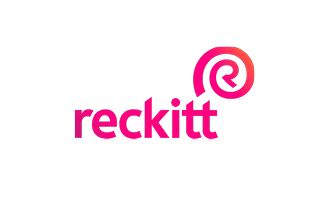Reckitt is a global health and hygiene company that produces well-known brands in health, nutrition, and home care. Their innovative products aim to improve lives and enhance well-being across diverse markets worldwide. Discover the social impact initiatives that Reckitt has been actively developing. This page highlights key insights into their community-focused projects and sustainable development efforts.
